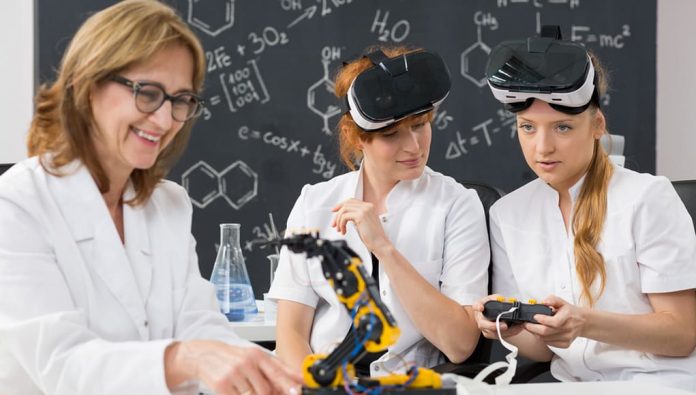Science is one of the most hands-on subjects at school, but it is not very easy to make it pleasant. Encouraging students to learn science at an early age is quite tricky. Science should be fun and exciting. Students who learn science in earlier years realize how much fun and useful science subjects really are in future. It becomes easy for them to absorb tons of information over time.
Is Science Important for Students?
Science provides many benefits to the students. It helps them understand the world, such as how trees reproduce or what an atom is made up of. Science is an organized study of the structure and behavior of the physical and social world through observation and experimentation. It also helps young learners develop the ability to ask questions, collect information and organize their ideas. Moreover, science allows you to solve the world’s problems with logic and effectiveness. Apart from this, the most significant benefit of learning science is that it helps students develop their ideas and possibly innovate new technology in the future.
Following are some steps you can take to make science fun and interesting for school kids:
1. Encourage Questions
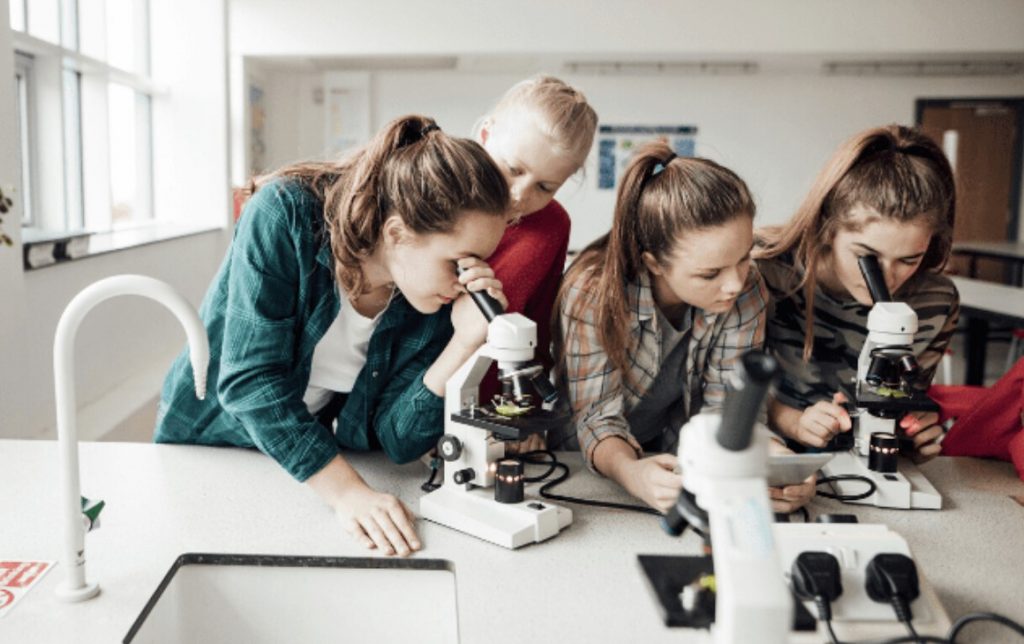
The most important thing that you can do for students to learn science with fun is encouraging their questions. It is essential to maintain curiosity in the students and motivate them. Make it feel safe to ask any questions they have in mind. Basically, questioning is used to achieve well-defined goals. Children need to be allowed to investigate as a part of their learning. Tell them to notice the surroundings and ask questions about science. This will develop eagerness in them to learn science. Companies like Teach for America are a great resource for teaching this sort of engaging atmosphere.
2. Take them outside

Fresh air helps create a more conducive environment for learning. Just take your students outside and teach them about the environment. In this way, they will understand better and make science enjoyable. Discuss changes in weather, pollution, flowers, etc. You can also ask them to plant a garden. It will help them know the area of space they have to work with, which vegetables or fruits to grow, what soil condition is required for it, and much more. You can arrange different kinds of activities to gain their attention as there is no finer way to learn science than to see it in person. You can also use apps that collect scientific data such as light, sound, motion, and a lot more to make them familiar with technology. Children can see things in a context such as habitats of insects, wind direction, the orientation of flowers, etc. If you want to make them learn science with excitement, you have to struggle for it. Children learn lessons with fun more quickly than books.
3. Museum Tour
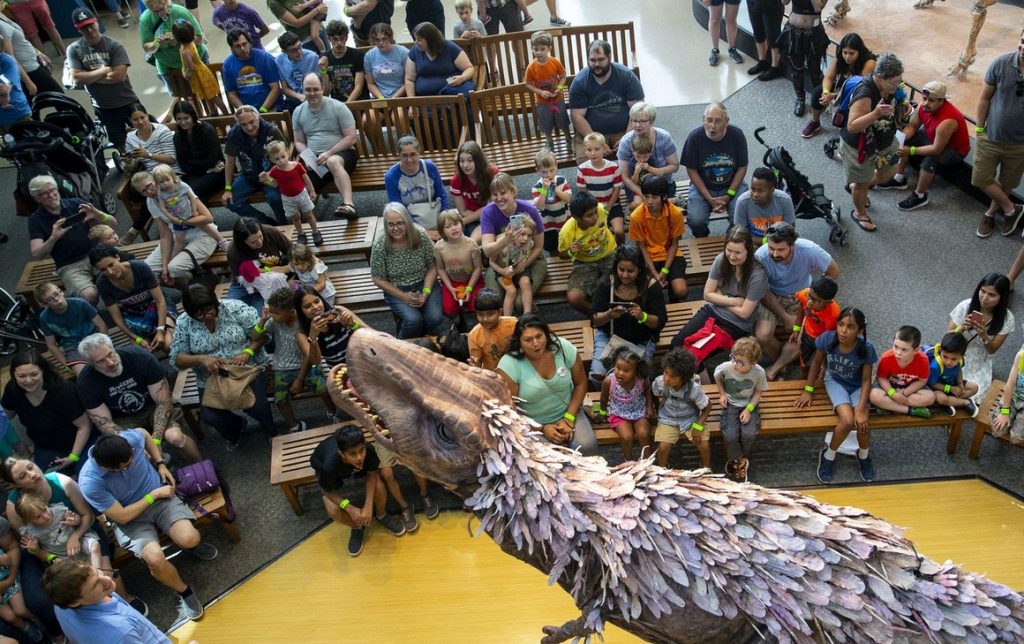
You must take students to the science museum as it is a recreational tour. They will be able to see the discoveries of scientists and understand different phenomena that have taken place. Such places inspire youngsters to be curious and explore, and to think scientifically. The most significant benefit of learning in the museum is to make classroom subjects come to life. If they read about animals, birds, and reptiles in their classroom, they will study their fossils, skulls, and specimens to understand features better. It makes learning interesting for them. The biggest benefit of museum tours is that students can access tools and resources that are not available in school. It also enables them to see an underwater ecosystem at an aquarium, use a high-powered microscope and see and touch historical artifacts. The best thing about going on such a trip is that students become more empathetic and tolerant and eventually, increase test scores. Visiting museums helps to gain knowledge about various scientific milestones and the brains behind them. Hence, students can learn many incredible things.
4. Library
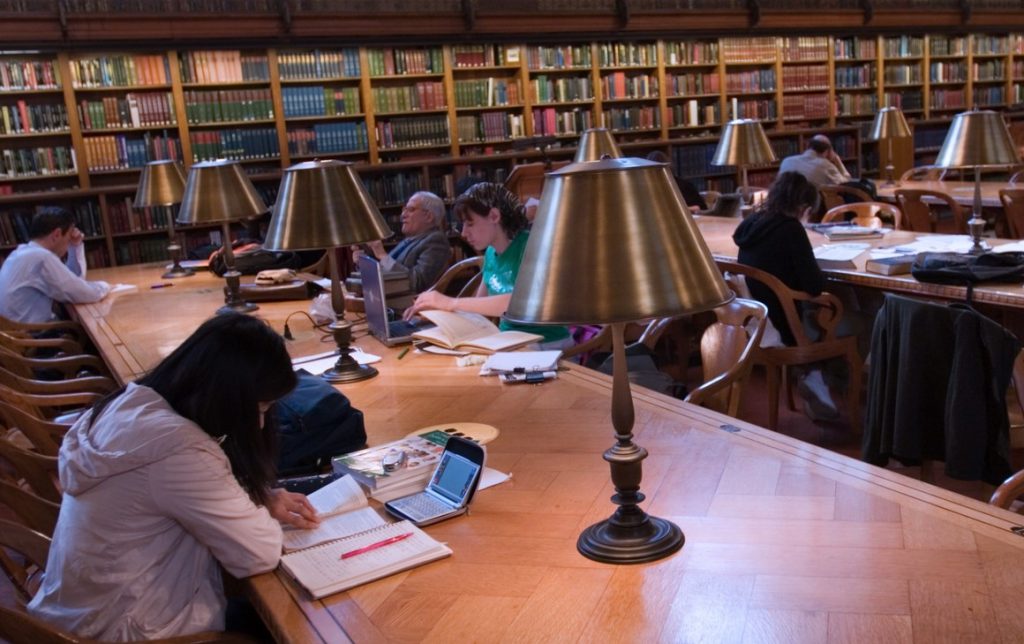
The library is the best place for students to learn. It helps students to navigate the internet and provides a quiet area for concentrated learning. Books are a great source for the students to learn about science. Interesting books on science develop an interest in them to go to the library. Reading extra-curricular books frees up their minds, and they become more curious to know about how things actually work. The library ensures access to materials through catalogs and indexes that allow students to get enough knowledge. You must use different techniques to teach students that will help them to think more critically. Having a library in schools helps the students to enhance their vocabulary and general knowledge. Moreover, it develops the habit of silent learning. The more question they will ask, the more they will learn and find interest in the subject. You can also create a classroom library as an organized central storage location for classroom instructional resources. This definitely helps the students to learn science keenly.
5. Science Fair
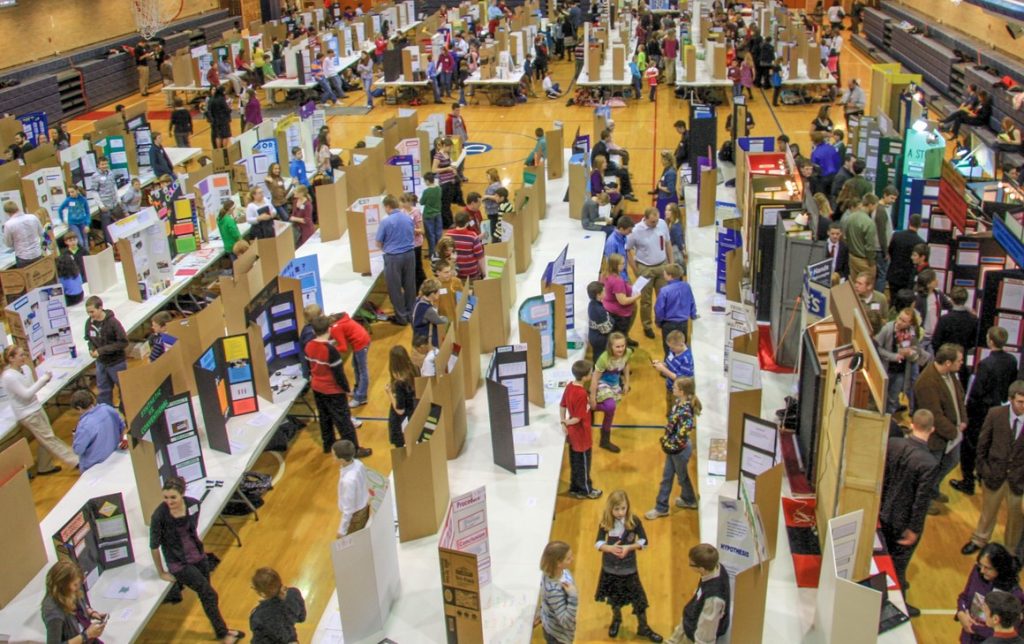
Science fairs let students tackle the scientific method through a hands-on activity. They can learn skills that can be used for problem-solving and critical thinking throughout their lives. It also allows the students to be innovative. In addition, it encourages group discussions and teamwork. Science projects force students to depend on skills that they have learned in many areas. It builds new skills in them, such as critical thinking, writing, and other science-related topics. Kids will have the opportunity to choose any topic they are curious about and plan an experiment that will help to answer their questions and conduct an experiment. If you want to make students creative, then you must organize a science fair.
Conclusion
As mentioned above, there are several ways to make science fun for middle school students. Science teaches several things to children, such as developing the ability to ask questions, collect information, and organize ideas. In addition, it helps them know how to use microscopes, telescopes, and other devices in a laboratory. Finally, it helps them to learn about earth functions and how to use natural resources. So try to make it fun for students to learn science to help them get success in life.

